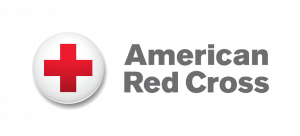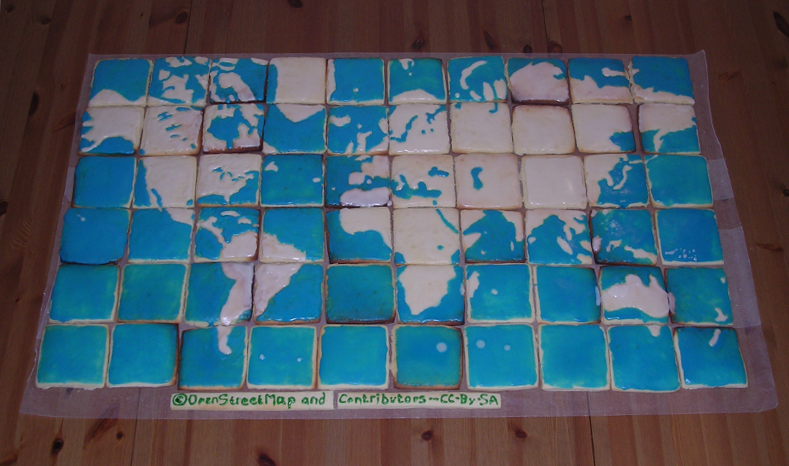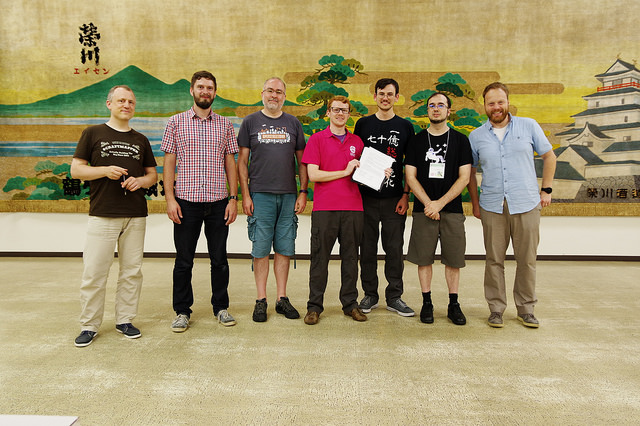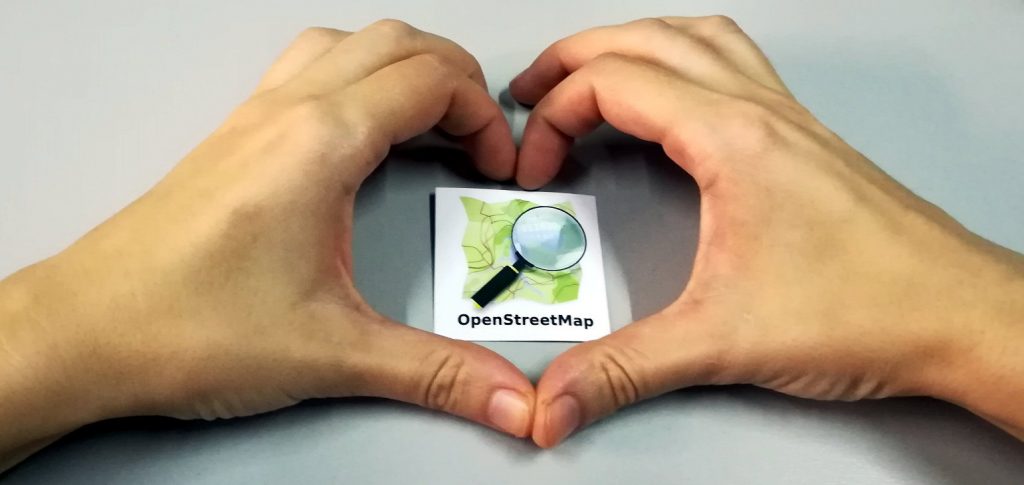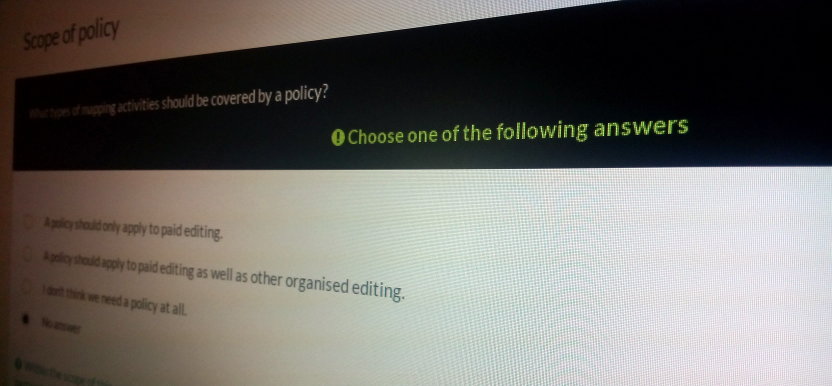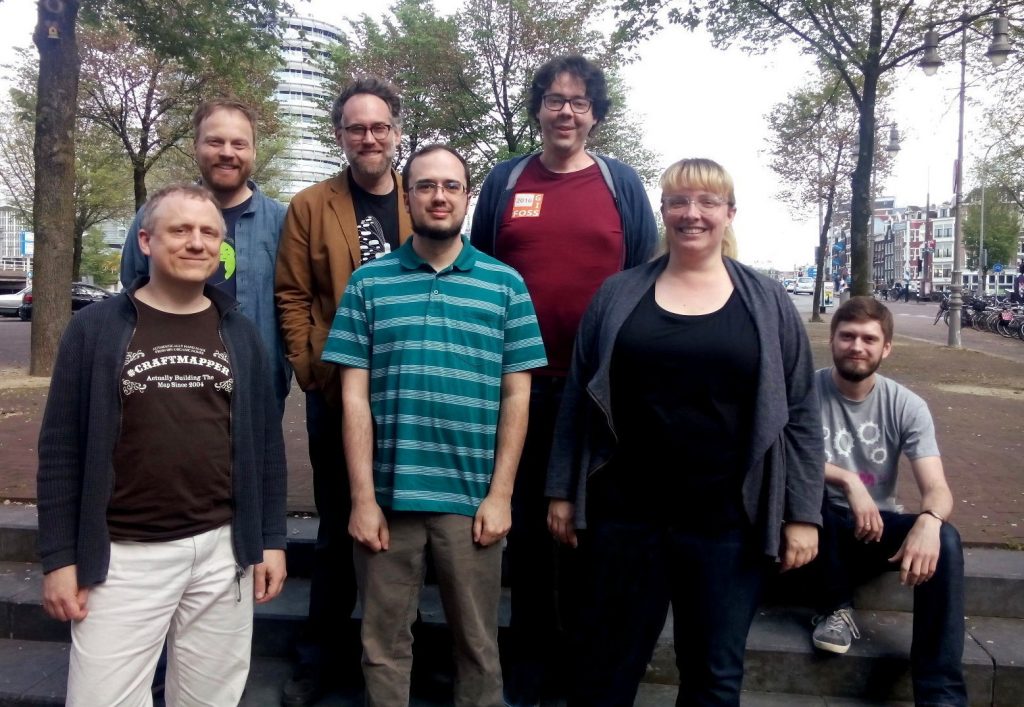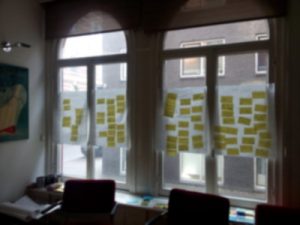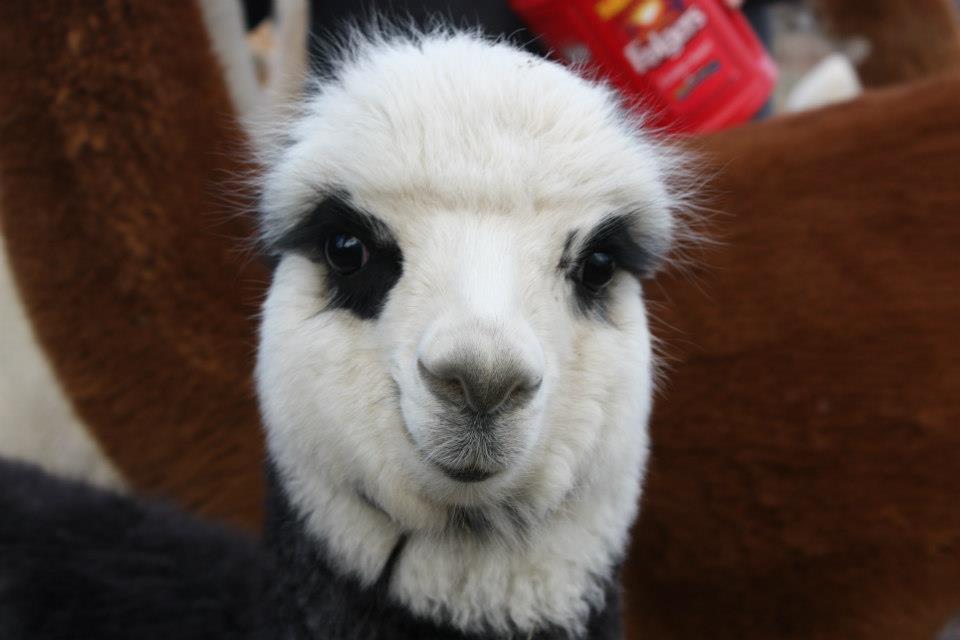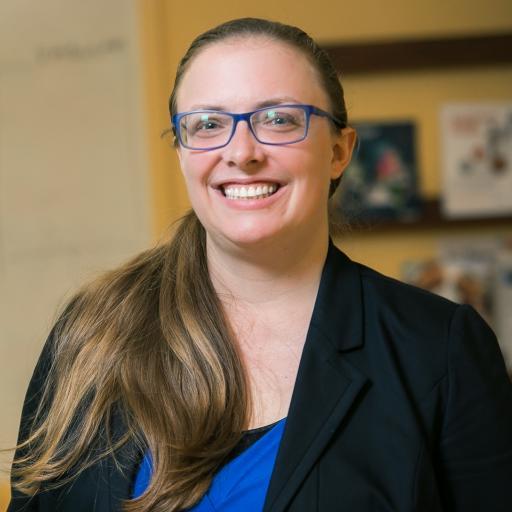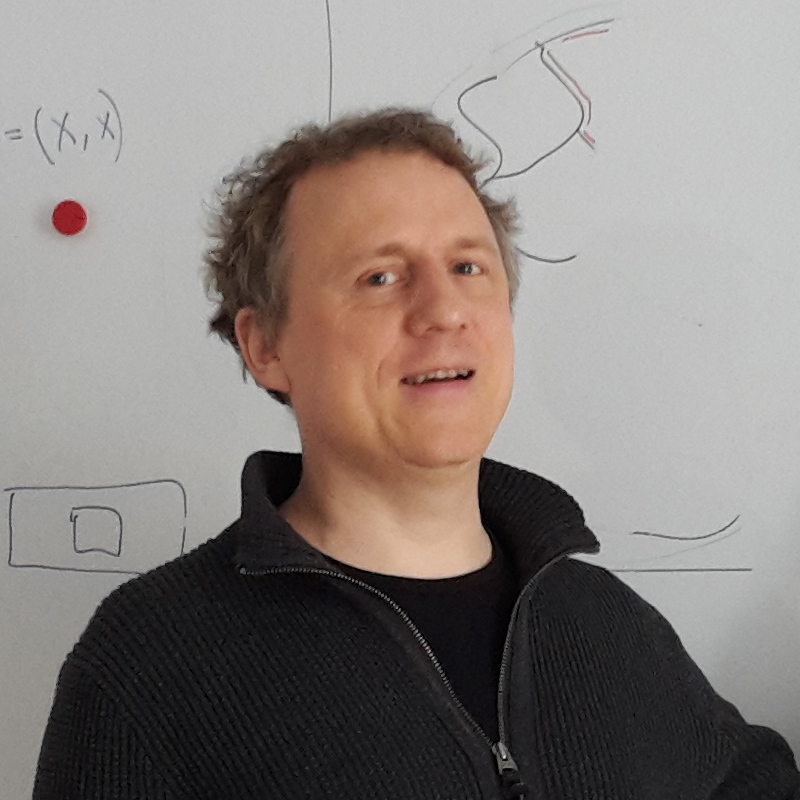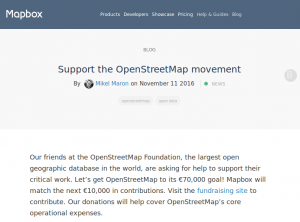The OpenStreetMap Foundation is very excited to announce that the American Red Cross extended OSMF an USD 25,000 grant for purchasing hardware to support the ongoing resilience of the OSM platform infrastructure. The funds were allocated towards the purchase and provisioning of a ‘hot’ backup database failover server – which has been purchased and is currently humming along doing its important job! This trail-blazing contribution will ensure that we can recover from site failures quickly and with the minimum amount of disruption for those editing the map. This is a big step forward in platform resiliency that we otherwise would not have been able to make at this time.
American Red Cross and OpenStreetMap
The American Red Cross has steadily ramped up its support for OpenStreetMap. Indentifying OSM as a source of up-to-date map data crucial to their international disaster field operations, they quickly developed into a major contributor to OSM, through their own work, support of the Humanitarian OpenStreetMap Team (HOT), and most recently through their Missing Maps initiative, to which around 10% of all OSM map contributions can now be attributed. The American Red Cross has also supported OpenStreetMap through app development and sponsorship of State of the Map conferences.
If you are interested in the technical specifications of this new server, please see here.
We want to say a big Thank You to the American Red Cross and we hope that more organisations which use OSM data will be inspired to strengthen the OSMF infrastructure and support our great project! If you are interested in donating to the OpenStreetMap Foundation, please get in touch with us at board@osmfoundation.org.
About The OpenStreetMap Foundation
The OpenStreetMap Foundation is a not-for-profit organization, formed in the UK to support the OpenStreetMap Project. It is dedicated to encouraging the growth, development and distribution of free geospatial data and to providing geospatial data for anyone to use and share. The OpenStreetMap Foundation owns and maintains the infrastructure of the OpenStreetMap project. You can support OpenStreetMap by becoming a member, donating or joining our volunteer Working Groups.
About the American Red Cross
The American Red Cross shelters, feeds and provides emotional support to victims of disasters in the US; teaches skills that save lives; provides international humanitarian aid; and supports military members and their families. In 2017 alone, the American Red Cross sent humanitarian aid to 26 countries to help save lives in the aftermath of disasters. The Red Cross is a not-for-profit organization that depends on volunteers and the generosity of the American public to perform its mission. Visit redcross.org/international of more information.
